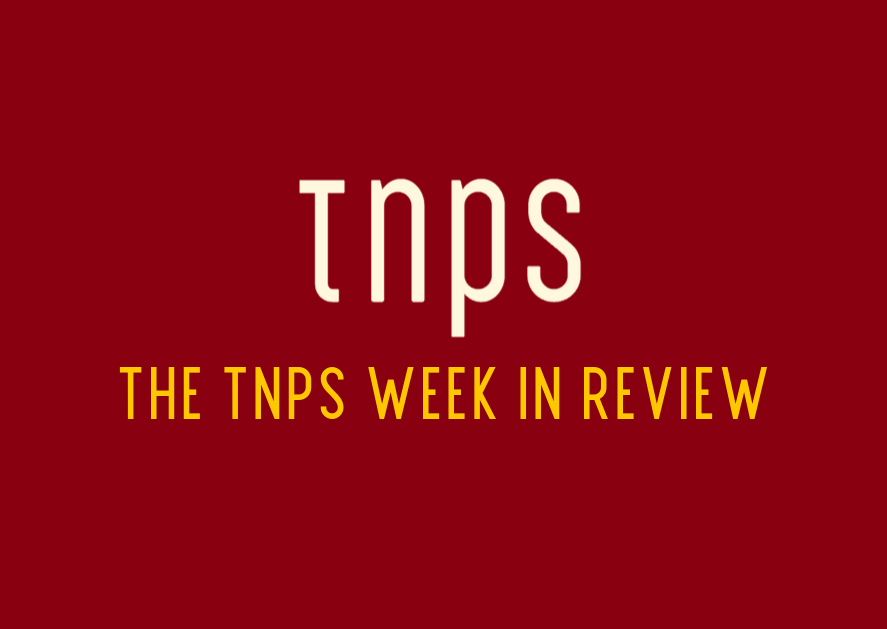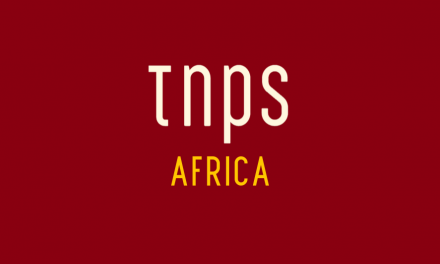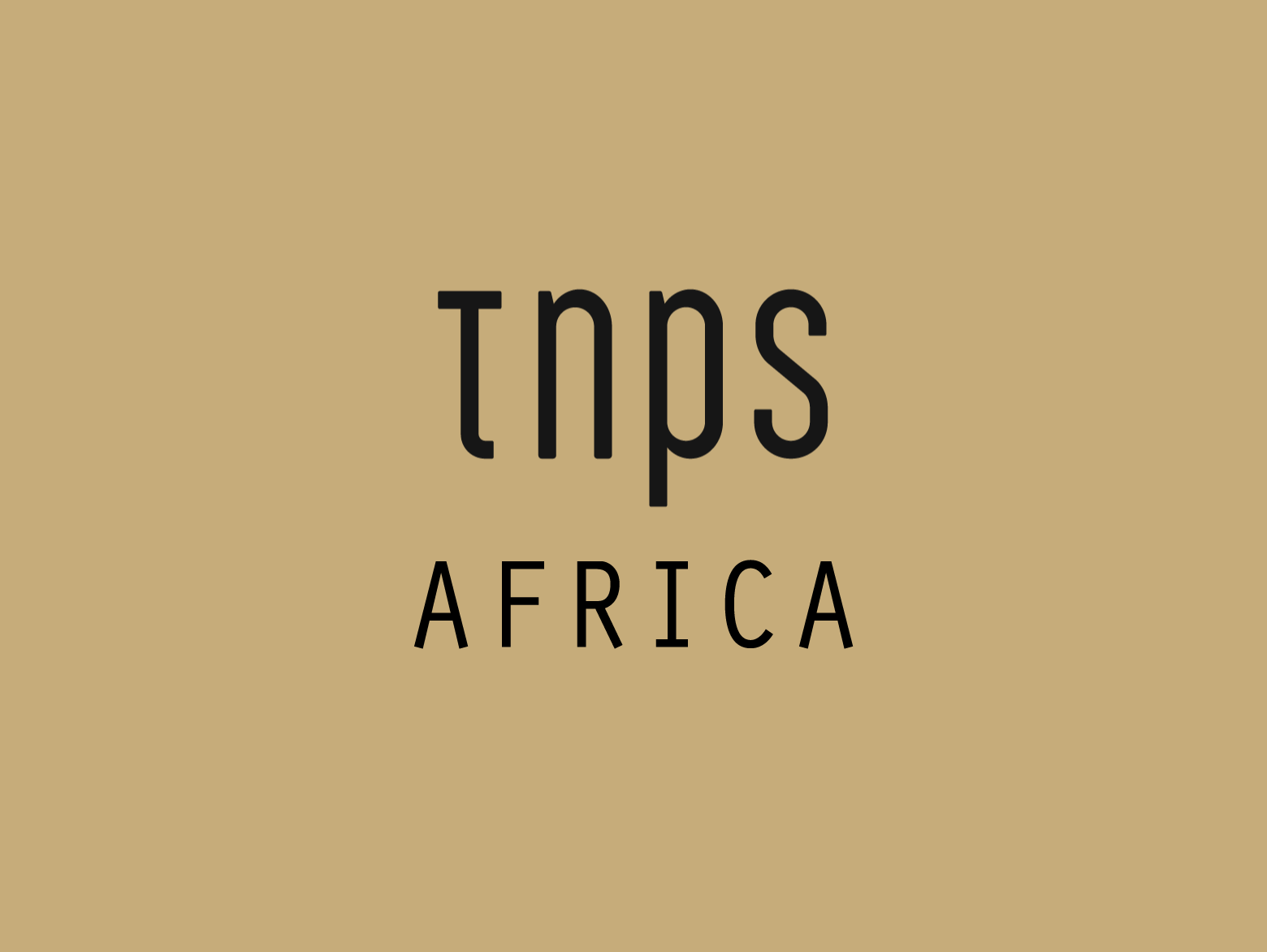The vision is clear: craft beautiful literature born in Africa, yet universally appealing, to nurture the next generation of storytellers and readers.
As an Africa-based teacher, education commentator and publishing industry commentator, I’ve been hoping for a meaningful opportunity to highlight the remarkable work of Kenya’s eKitabu. So eKitabu’s launch of Maua Books, a children’s imprint, is a gift from heaven.
A Remarkable Origin Story: From Digital Pioneer to Inclusive Education Leader
Founded in 2012 in Nairobi, Kenya, eKitabu emerged as East Africa’s premier digital bookstore and content distribution platform, addressing a critical gap in the continent’s education landscape. With “kitabu” meaning “book” in Swahili, the company set out to democratise access to quality reading materials amid a surge in device adoption across African schools and households. Starting with a focus on educational content – which accounts for about 70% of African publishing – eKitabu built an open-architecture ecosystem that aggregates ebooks from over 60 African publishers, enabling seamless distribution via mobile money payments like M-Pesa.
By 2018, eKitabu had scaled dramatically, delivering digital content to more than 1,500 schools across all 47 Kenyan counties and 13 African countries, including Rwanda and Malawi.
By 2018, eKitabu had scaled dramatically, delivering digital content to more than 1,500 schools across all 47 Kenyan counties and 13 African countries, including Rwanda and Malawi. Key achievements include digitising over 500 Kenyan educational titles from the official Orange Book curriculum and amassing a library of 300,000+ titles.
The platform’s innovations, such as the eKitabu app for Android devices, support features like text-to-speech for visually impaired users and embedded sign language videos for the deaf. Partnerships with the Kenya Ministry of Education, UNICEF, USAID, and publishers like Oxford University Press have amplified its impact, powering initiatives like the Digital Essay Competition (DEC).
Now in its 13th year, the DEC has engaged over 13,000 students annually, awarding scholarships, devices, and national recognition totaling more than 1.2 million Kenyan shillings.
Responding to the Pandemic
eKitabu’s commitment to inclusivity shone during the COVID-19 pandemic, when it pivoted to produce free “Digital Story Time” broadcasts – reaching 4 million households via TV, YouTube, and its website – featuring accessible storybooks with Kenyan Sign Language (KSL) videos, audio narration, and captions.
eKitabu has created over 270 born-accessible ebooks in local languages like Tumbuka and Malawian Sign Language, alongside an open-source Accessible EPUB Toolkit that empowers local creators to build inclusive content
Funded by prizes from All Children Reading: A Grand Challenge for Development (ACR GCD), eKitabu has created over 270 born-accessible ebooks in local languages like Tumbuka and Malawian Sign Language, alongside an open-source Accessible EPUB Toolkit that empowers local creators to build inclusive content. These efforts not only lower costs but also document regional sign language variations, fostering literacy for marginalised learners and earning global acclaim, including implementations in over 600 Kenyan schools through programs like DFID’s Girls Education Challenge.
Central to this mission are eKitabu’s groundbreaking accessibility arms.
Central to this mission are eKitabu’s groundbreaking accessibility arms. Studio KSL, launched in 2018 as a Deaf-led innovation, produces high-quality video storybooks and teaching materials in KSL (and extensions to Rwandan and Malawian sign languages), embedding them into EPUBs with interactive elements like comprehension quizzes and glossaries.
Directed by Georgine Auma – a former teacher who became deaf at age 9 – Studio KSL has delivered over 337 videos and storybooks, reaching 3,500+ direct learners and 12 million+ viewers via Akili Kids TV. Built on Universal Design for Learning principles, the studio’s outputs support early language acquisition for deaf and hard-of-hearing children, while benefiting all users through multisensory formats.
Complementing this, eKitabu’s audio production – often in partnership with Studio KSL – has generated 13+ professional audiobooks, synchronised with text highlighting for enhanced comprehension. These aren’t mere add-ons; they’re holistic adaptations that turn static books into dynamic, engaging experiences.
Breathing Live Performance Into Literature
Less documented but equally innovative are eKitabu’s theatrical adaptations, which breathe live performance into literature to extend its cultural footprint. Collaborating with cultural hubs like Alliance Française in Nairobi, eKitabu has staged interactive readings and dramatised excerpts from its catalogue, blending storytelling with audience participation to promote oral traditions and language immersion.
These events, often tied to launches or festivals like the Macondo Literature Festival, feature emerging authors and established voices, fostering community engagement and inspiring young creators. By merging digital and performative mediums, eKitabu ensures stories resonate beyond the page, reaching diverse audiences in Kenya and East Africa.
Adult Imprint Makes Its Mark
Mvua Press, eKitabu’s adult literature arm, debuted with five diverse titles spanning romance, crime, and contemporary fiction. Empress Ciku Kimani-Mwaniki’s gripping crime thriller NaiRobbery Cocktail leads sales, approaching 2,000 copies in its first year – a landmark figure in East African publishing, especially for a debut imprint.
The catalogue masterfully balances emerging voices, like romance author Scholastica Moraa’s poignant When Love Says Goodbye, with established giants such as David G. Maillu’s provocative poetry classic After 4:30 (reissued in a polished third edition). This blend underlines eKitabu’s dedication to literary breadth, amplifying underrepresented narratives while honouring East African canon.
Seeding a New Chapter for African Literature
In just twelve months since its 2024 launch, eKitabu’s Mvua Press has transformed from an ambitious offshoot into an award-winning imprint with global reach. Co-founder and CEO Will Clurman charts a journey of innovation, cultural authenticity, and commercial success that offers valuable insights for publishing professionals worldwide.
Cultivating Young Minds with Maua Books
Building on Mvua’s triumphs – and eKitabu’s decade-plus legacy in children’s edutainment -Maua Books launches as a vibrant children’s imprint, dedicated to affordable, culturally resonant stories that weave in African languages, folklore, and values. Illustrated with vivid, diverse artistry, the inaugural titles promise interactive elements like embedded KSL videos and audio tracks, ensuring no child is left behind.
The vision is clear: craft beautiful literature born in Africa, yet universally appealing, to nurture the next generation of storytellers and readers. With the introduction of Maua Books, eKitabu is extending this momentum to young readers, proving that inclusive, Africa-rooted publishing can thrive sustainably.
A Call to Collaborate
For publishing professionals eyeing dynamic African partners, eKitabu delivers battle-tested digital expertise, deep cultural insight, and a proven track record of scaling impact. Authors crafting Africa-centered tales can submit manuscripts to manuscripts@mvuapress.com.
This post first appeared in the TNPS LinkedIn newsletter.





